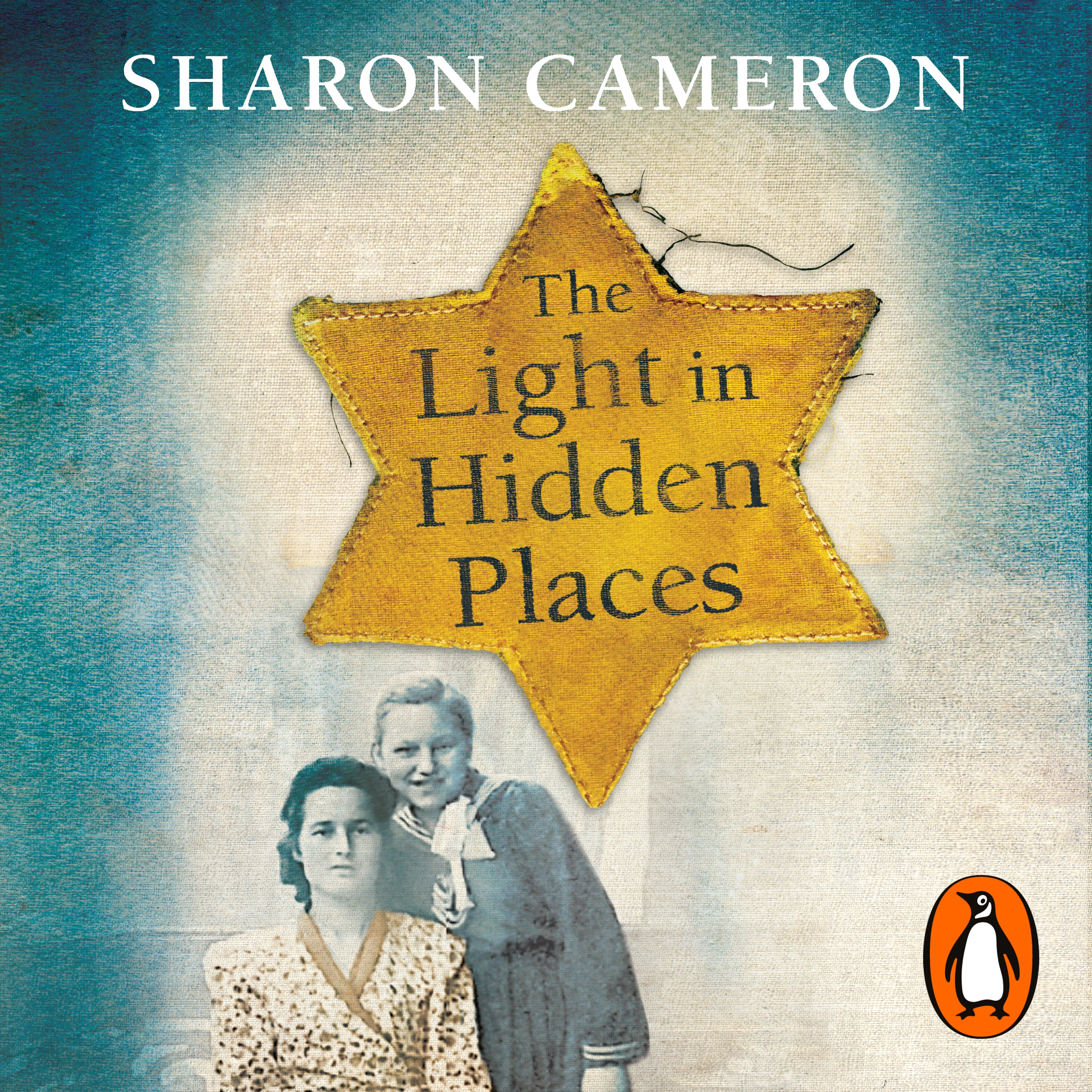

And in this book, we see people at their worst. The evil that was perpetrated during this time of horror makes the reader face the fact that humans can be really depraved and immoral at their worst. It’s certainly a story that stays with the reader, while reading it and after the story is over. The story includes some terribly heart-wrenching passages about actual events that occurred during this world-shakingly evil time. It’s impossible to list all the heroes in this story - real heroes who performed incredibly brave acts that very well could have cost them their lives. The story is told in first person narrative, and Cameron explains at the end of the novel that Fusia’s son had shared Fusia’s memoir with Cameron, and the plot of the novel is clearly based on Fusia’s recollections.

So Fusia and Helena, her sister, go back to Przemyśl, where eventually Fusia finds work and hides not only Izio’s brother Max, but twelve other Jewish escapees. At one point, she goes to visit her home and learns that her mother and brother have been sent to Germany as forced labor, and her six-year-old sister is living with a neighbor whose wife died. When the Diamant family is sent to the ghetto, Fusia smuggles food in to them at the risk of her life. Eventually, Fusia moves in with the Diamants, and she and one of the sons, Izio, fall in love. Diamant, who has several sons but no daughters. Stefania, nicknamed Fusia, is beloved by Mrs. When she turns 13, she wants to escape the farm, so she travels to the larger city of Przemyśl, where she finds work with the Daimants, a Jewish family that owns a grocery store.

Stefania Podgórska has grown up on a large farm with her parents and many siblings. Sharon Cameron’s genius is clearly demonstrated by the careful and masterful text she has created in “The Light in Hidden Places.” This is a real story of heroism and courage brilliantly re-crafted into a novel that takes readers directly into the heart of the darkest days of WWII Poland.


 0 kommentar(er)
0 kommentar(er)
